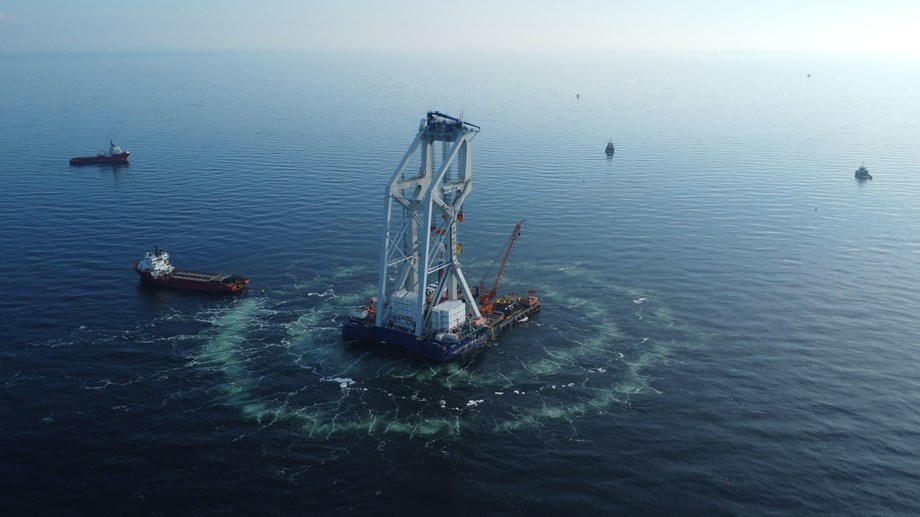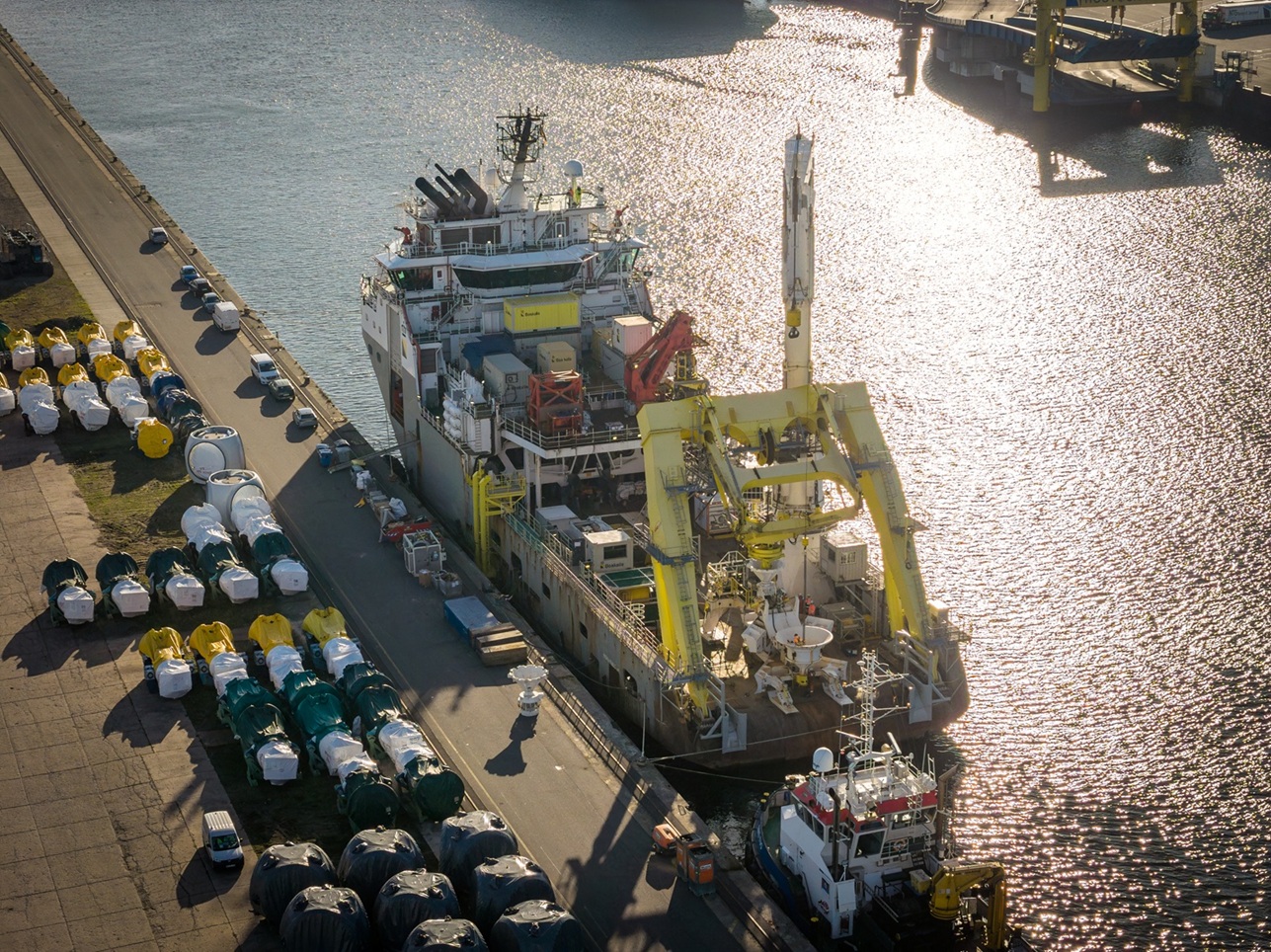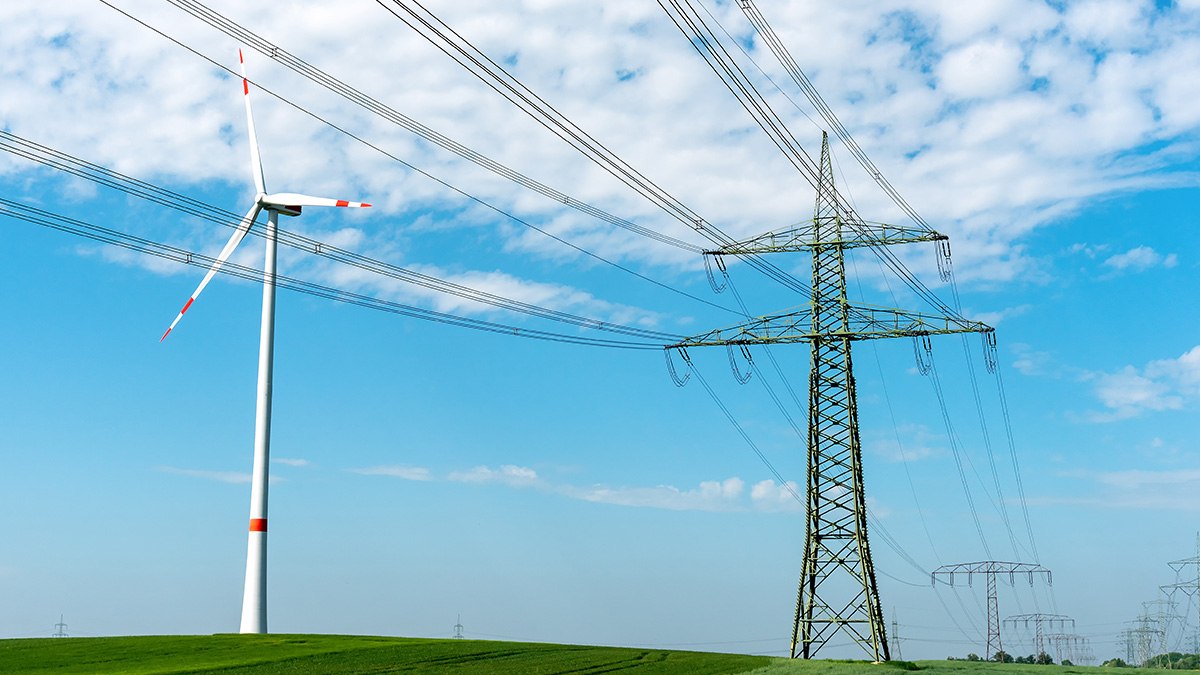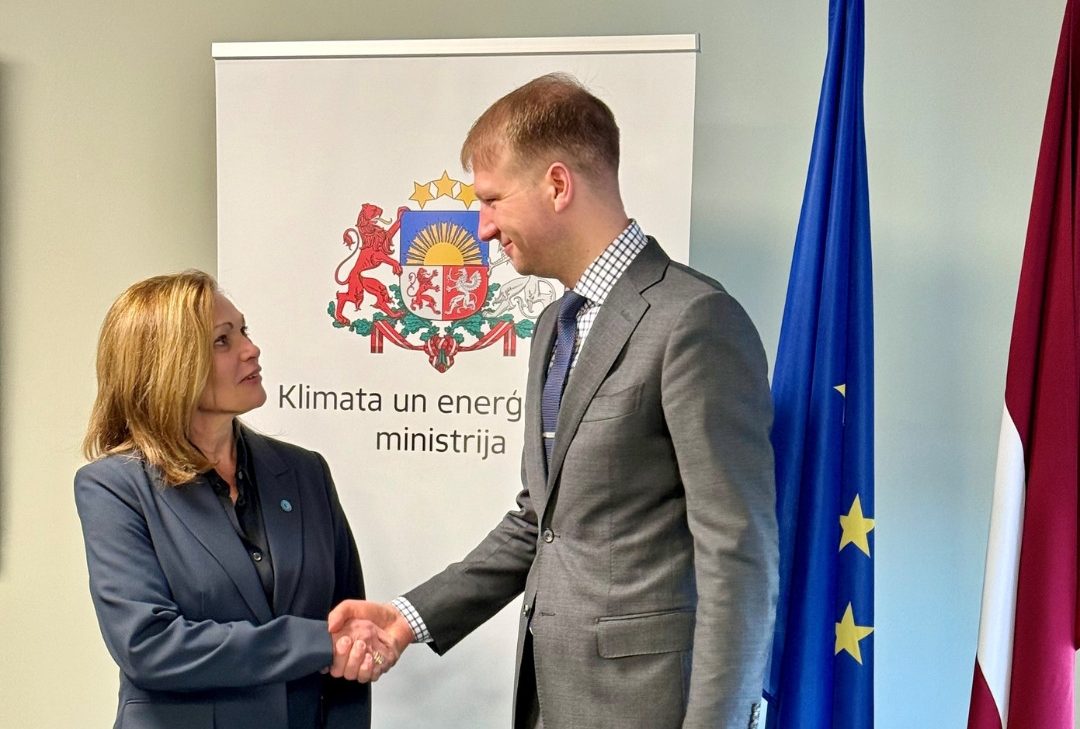The Polish electricity transmission system operator, PSE, has approved the financial investment decision for the onshore construction of the “Harmony Link” interconnection. This decision complements the financial commitment made by Lithuania’s transmission system operator, Litgrid, in September, marking a joint commitment to fund and execute this critical project.
“With PSE’s decision now in effect, we have firm commitments from both countries to advance this regionally significant energy security project. ‘Harmony Link’ is a strategic endeavor for Lithuania, ensuring capacity for commercial electricity trading after the synchronization of the Baltic States with the Continental European networks,” said Rokas Masiulis, CEO of Litgrid.
To advance the project, Litgrid has already launched a public procurement process for the design services of the “Harmony Link” onshore connection within Lithuanian territory. These services will define essential technical solutions and design key infrastructure elements, including a 220 kV transmission line and the 330/220/110/10 kV Gižai transformer substation. Additionally, technical specifications for long-lead equipment like autotransformers and shunt reactors will be prepared to ensure timely procurement.
In parallel with the design phase, territorial planning and environmental impact assessment procedures for the project are underway to expedite its implementation. The “Harmony Link” onshore connection has been granted the status of a project of exceptional national importance in Lithuania.
This new interconnection complements the existing “LitPol Link” between Lithuania and Poland, which facilitates the synchronization of the Baltic States’ electricity systems with the Continental European grid.
A feasibility study conducted in 2024 by the Polish Energy Institute’s Gdańsk branch confirmed the technical viability of the “Harmony Link” onshore connection, deeming it equivalent to an undersea link. The study, commissioned by the transmission system operators of the Baltic States and Poland, highlighted the project’s feasibility and strategic importance.
The synchronization projects, including “Harmony Link,” are partially funded by the European Union through the Connecting Europe Facility, underscoring the EU’s support for enhancing regional energy infrastructure and security.
















